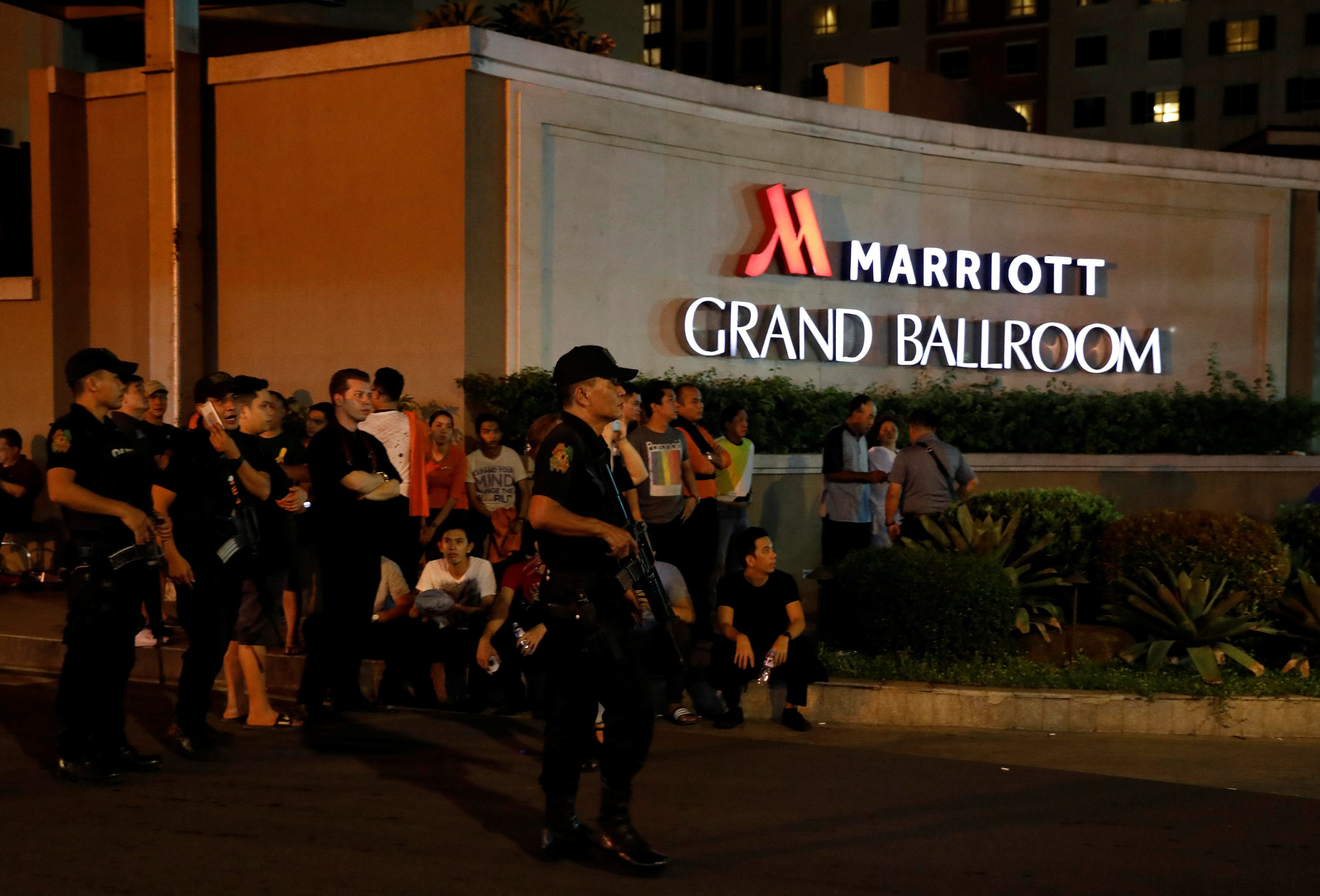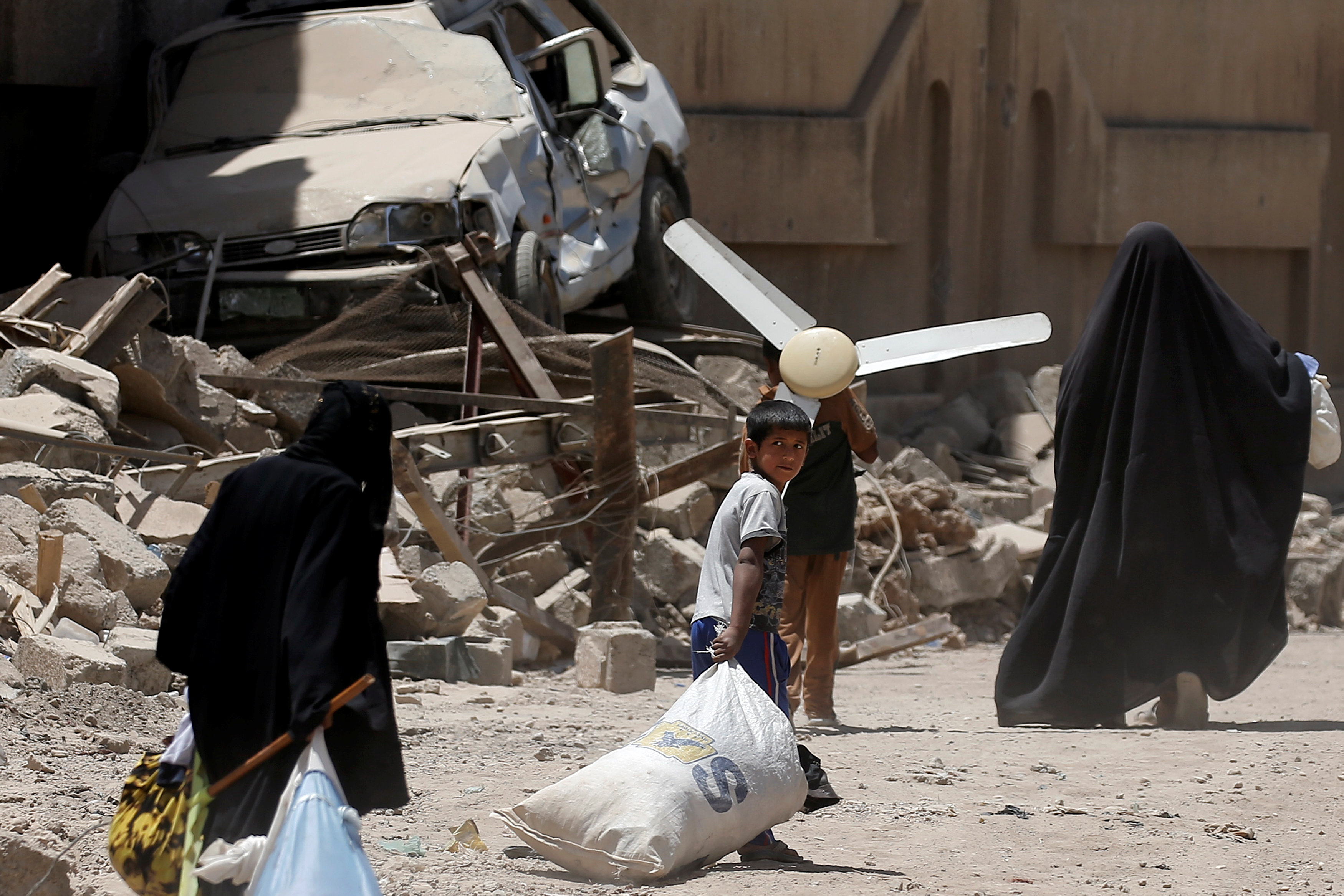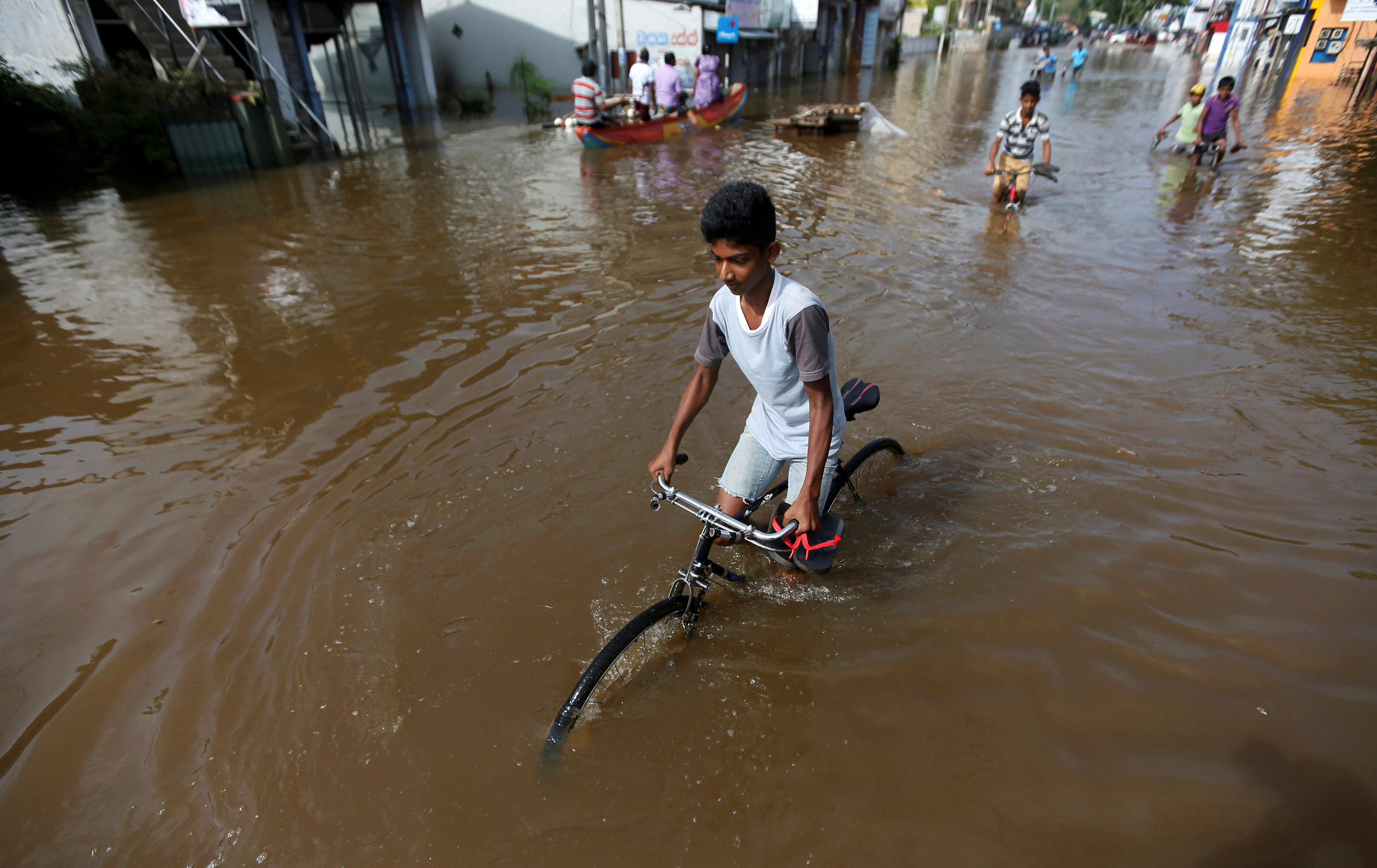
By Megan Revell and William Schomberg
LONDON (Reuters) – Attackers drove a van at high speed into pedestrians on London Bridge before stabbing people in the nearby Borough Market area of bars and restaurants on Saturday in what British authorities described as terrorist incidents.
Armed police rushed to the scene and authorities urged Londoners on Twitter to “run, hide, tell” if they were caught in an attack. The BBC cited police as saying there had been more than one fatality.
Britain’s Sun newspaper said seven people were feared killed and that two attackers were shot dead by police near London Bridge; but there was no immediate confirmation of this. Some media reports said police were seeking another attacker.
The attacks come days ahead of a June 8 election and less than two weeks after a suicide bomber killed 22 people at a pop concert by U.S. singer Ariana Grande in Manchester in northern England. There was no immediate claim of responsibility.
The BBC showed a photograph of two possible London attackers shot by police, one of whom had canisters strapped to his body.
A Reuters reporter said some time after the attack began that he had heard loud bangs near the Borough Market area.
Witnesses described a white van veering into pedestrians near London Bridge and knocking over several people.
“A van came from London Bridge itself, went between the traffic light system and rammed it towards the steps,” a taxi driver told the BBC. “It knocked loads of people down.
“Then three men got out with long blades, 12 inches long and went randomly along Borough High Street stabbing people at random.”
Islamic State earlier on Saturday sent out a call on instant messaging service Telegram urging its followers to launch attacks with trucks, knives and guns against “Crusaders” during the Muslim holy month of Ramadan.
Similar attacks, in Berlin, Nice, Brussels and Paris, have been carried out by militants over the past couple of years.
“Following updates from police and security officials, I can confirm that the terrible incident in London is being treated as a potential act of terrorism,” Prime Minister Theresa May said.
London’s river Thames police said it was working with the lifeboat rescue service to help evacuate people caught up in the attack, described by police as a terrorist incident.
U.S. President Donald Trump took to Twitter to offer U.S. help to Britain. The White House said he had been briefed on the incidents by his national security team.
One woman told Reuters she saw what appeared to be three people with knife wounds and possibly their throats cut at London Bridge at the Thames river. Reuters was unable to immediately verify her account.

People flee as police attend to an incident near London Bridge in London, Britain, June 4, 2017. REUTERS/Neil Hall
STABBINGS ON THE STREET
Police said they fired shots after reports of stabbings in the nearby Borough Market area. They also responded to an incident in the Vauxhall area further west, but later said it was unconnected to the van and knife attacks.
Streets around London Bridge and Borough Market, fashionable districts packed with bars and restaurants, would have been busy with people on a Saturday night out. BBC showed dozens of people, evidently caught up in the attack, being escorted through a police cordon with their hands on their heads.
BBC radio said witnesses saw people throwing tables and chairs at the perpetrators of the attack to protect themselves.
One witness told the BBC she saw a speeding white van veering into pedestrians at London Bridge. That witness said the van hit five to six people. Reuters television pictures showed dozens of emergency vehicles in the area around London Bridge.
The incident bore similarities to a March attack on Westminster Bridge, west of London Bridge, in which a man killed five people after driving into a crowd of pedestrians before stabbing a police officer in the grounds of parliament.
Several witnesses also reported hearing gunshots.
“We were in an Uber (taxi) going towards London Bridge and suddenly we saw people running. The Uber stopped, we asked people what was going on – people said there was shooting,” said Yoann Belmere, 40, a French banker living in London.
“Now the area is completely closed with police cars going one way and ambulances going the other,” he told Reuters.
A witness told CNN two men had entered a restaurant in the Borough Market area near London Bridge and stabbed two people inside. He said a waitress was stabbed in the throat and a man was stabbed in the back.
The Manchester bombing on May 22 was the deadliest attack in Britain since July 2005, when four British Muslim suicide bombers killed 52 people in coordinated attacks on London’s transport network.

Idle buses are seen from the west side of London Bridge after an incident in the area in London, Britain June 4, 2017. REUTERS/Neil Hall
(Writing by Guy Faulconbridge and Nick Tattersall; additional reporting by Ralph Boulton, David Milliken and Paul Sandle; Editing by William Schomberg and Ralph Boulton)















